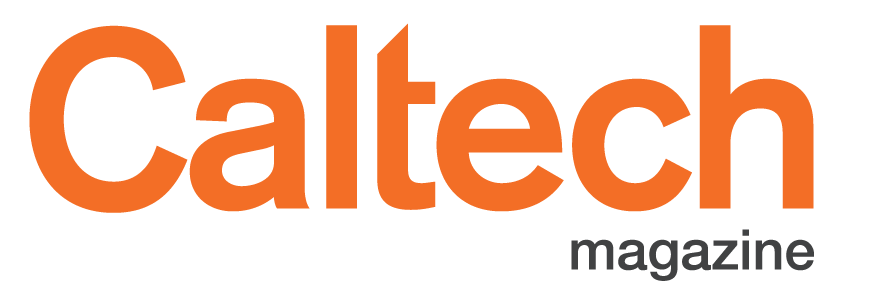The Caltech Heritage Project's Oral Histories Capture the Institute's Long Legacy
David Zierler. Image: Caltech/Lance Hayashida
While working with the American Institute of Physics from 2019 to 2021, historian of science David Zierler spoke with nearly 500 leading physicists. From those interviews, a theme began to emerge.
“Almost everybody I interviewed was either at Caltech, went to Caltech, or did a formative collaboration with somebody at Caltech,” Zierler says.
One of those Caltech-related interview subjects was Caltech president Thomas F. Rosenbaum, holder of the Sonja and William Davidow Presidential Chair and professor of physics. As an outgrowth of their discussions, capture the Institute’s history firsthand; in 2021, Zierler was named the director of the newly launched Caltech Heritage Project.
Zierler, who earned his PhD in history from Temple University in 2008, will conduct oral histories with faculty, postdocs, staff members, students, scientists, and engineers on campus, at the Institute’s offsite facilities, and at JPL. He will also speak with prominent alumni and trustees. The goal, says Zierler, is not simply to study the past but to take ownership of it while also highlighting areas of research focus at the Institute, such as sustainability, medical science, and quantum computing.
“There is current value in understanding an institution’s collective memory and putting it to specific strategic use,” says Zierler, who previously worked as a historian for the U.S. Department of State, where he assembled classified historical documents from the presidential administrations of Jimmy Carter, Ronald Reagan, and George H. W. Bush. “If we can understand the way things used to be at Caltech, it will help determine how things might best move forward.” In doing so, he hopes to support Caltech’s effort to create a campus environment in which people from all backgrounds can share their experiences and perspectives freely to create a more enriching academic experience for everyone.
“There’s no better medium than oral history for underrepresented voices to share their perspectives,” he says. “That’s where you understand that inclusivity is not simply a buzzword but a deeply complex and important topic. In understanding people’s culture and personal histories, we can understand how they have shaped and advanced the place that Caltech is.”

